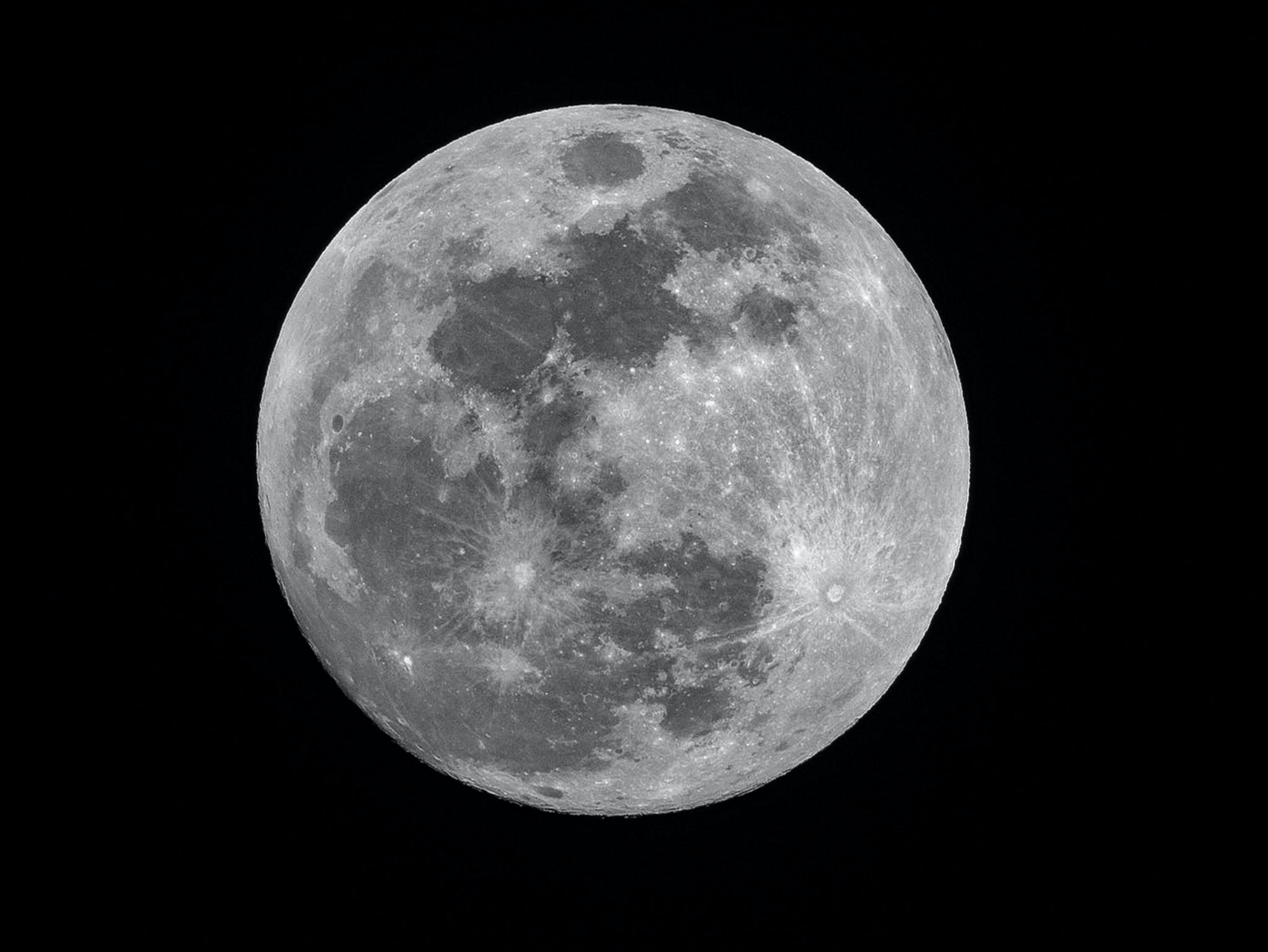Mayan Astrology: Unlocking the Secrets of the Ancient Civilization
The Mayan civilization, known for its advanced astronomical knowledge and intricate calendar system, developed a unique approach to astrology. Mayan astrology is an ancient tradition that provides insight into your personality traits, strengths, and weaknesses based on the Mayan calendar. In this comprehensive guide, we’ll delve into the fascinating world of Mayan astrology and explore its significance in understanding our place in the universe. Prepare to unlock the secrets of this ancient civilization!
Table of Contents
- Introduction
- The Mayan Calendar
- Mayan Astrology
- The Tzolkin
- The Haab
- Compatibility and Personal Traits
- Conclusion
Introduction
The ancient Mayans were renowned for their advanced understanding of astronomy and celestial movements. While most people are familiar with the Mayan calendar, their astrological system is equally captivating. Mayan astrology provides a profound perspective on the human experience, connecting individuals to the larger cosmic cycles.
Mayan astrology is based on two main components: the Tzolkin and the Haab. The Tzolkin is a 260-day sacred calendar, while the Haab is a 365-day secular calendar. These calendars work in harmony, allowing Mayan astrologers to unravel the mysteries of the universe.
The Mayan Calendar
The Mayan calendar is a complex system that tracks time with remarkable accuracy. It consists of several interlocking cycles that coincide and repeat over different periods. One of the most renowned cycles is the Long Count, which spans roughly 5,125.37 years and recently completed on December 21, 2012.
Within the Mayan calendar, time is divided into multiple units, including kin (1 day), uinal (20 days), tun (360 days), katun (7,200 days), and baktun (144,000 days). These units provide a hierarchical structure that helps interpret the flow of time and cosmic energies.
Mayan Astrology
Mayan astrology revolves around the belief that each individual possesses a specific energy imprint based on their birthdate. This imprint determines their unique personality traits, strengths, and challenges. Unlike Western astrology, which primarily focuses on the position of the sun, Mayan astrology incorporates other celestial bodies such as the moon and Venus.
Ahau (Sun), Imix (Crocodile), Ik (Wind), Akbal (Night), and Ben (Reed) are just a few examples of the 20 day signs within Mayan astrology. Each day sign is associated with a specific set of characteristics and energies, influencing individual traits and behaviors.
The Tzolkin
The Tzolkin, also referred to as the Sacred Round or the Divine Almanac, is a fundamental aspect of Mayan astrology. Consisting of 20 day signs and 13 numbers, it creates a 260-day cycle that repeats. Each day in the Tzolkin has a unique combination of a day sign and a number, resulting in 260 possible combinations.
The 20 day signs in the Tzolkin are organized into four groups of five, representing different elements and energies. These groups are often associated with cardinal directions as well. For example, the first group represents the cardinal direction of east, symbolizing new beginnings and creativity.
The Haab
To complement the Tzolkin, the ancient Mayans developed the Haab, a 365-day solar calendar. The Haab consists of 18 months, each with 20 days, and an extra month called the Wayeb, which has only 5 days. The Haab aligns with the agricultural and natural cycles, making it essential for planning agricultural activities.
While the Tzolkin focuses on individual energies and day signs, the Haab provides a broader perspective on the yearly influences. By combining the Tzolkin and the Haab, astrologers gain a more comprehensive understanding of an individual’s astrological profile and the energies they embody throughout the year.
Compatibility and Personal Traits
In Mayan astrology, compatibility between individuals is determined by comparing their day signs and energies. Certain combinations align harmoniously and complement each other, while others may clash or generate challenges. Understanding compatibility can help navigate relationships and highlight potential areas of growth.
Moreover, Mayan astrology sheds light on an individual’s personal strengths and weaknesses. By recognizing their specific energy imprint, people can gain insight into their innate talents and areas where they may encounter obstacles. This knowledge empowers individuals to embrace their true essence and navigate life’s challenges with a deeper understanding.
Conclusion
Mayan astrology offers a unique lens through which we can explore our connection to the cosmos. By delving into the wisdom of the Mayan calendar and its astrological system, we gain a deeper understanding of ourselves and our place in the universe.
While Mayan astrology may be lesser-known compared to Western astrology, its rich history and intricate system make it a deeply rewarding exploration. Whether you seek guidance in relationships, personal growth, or self-discovery, Mayan astrology provides a profound perspective to unlock the secrets within.
Embrace the wisdom of an ancient civilization and allow Mayan astrology to guide you on a journey of self-discovery, growth, and cosmic connection.
Table of Contents
